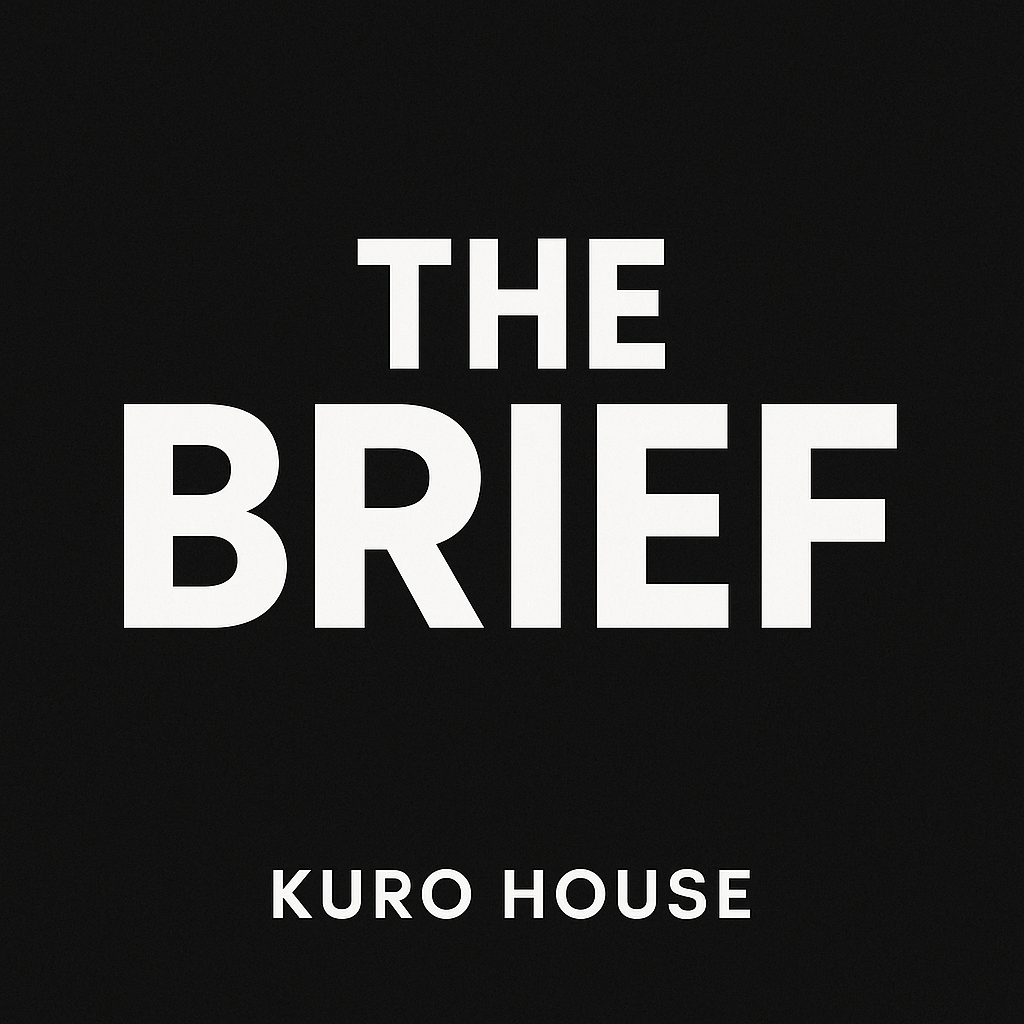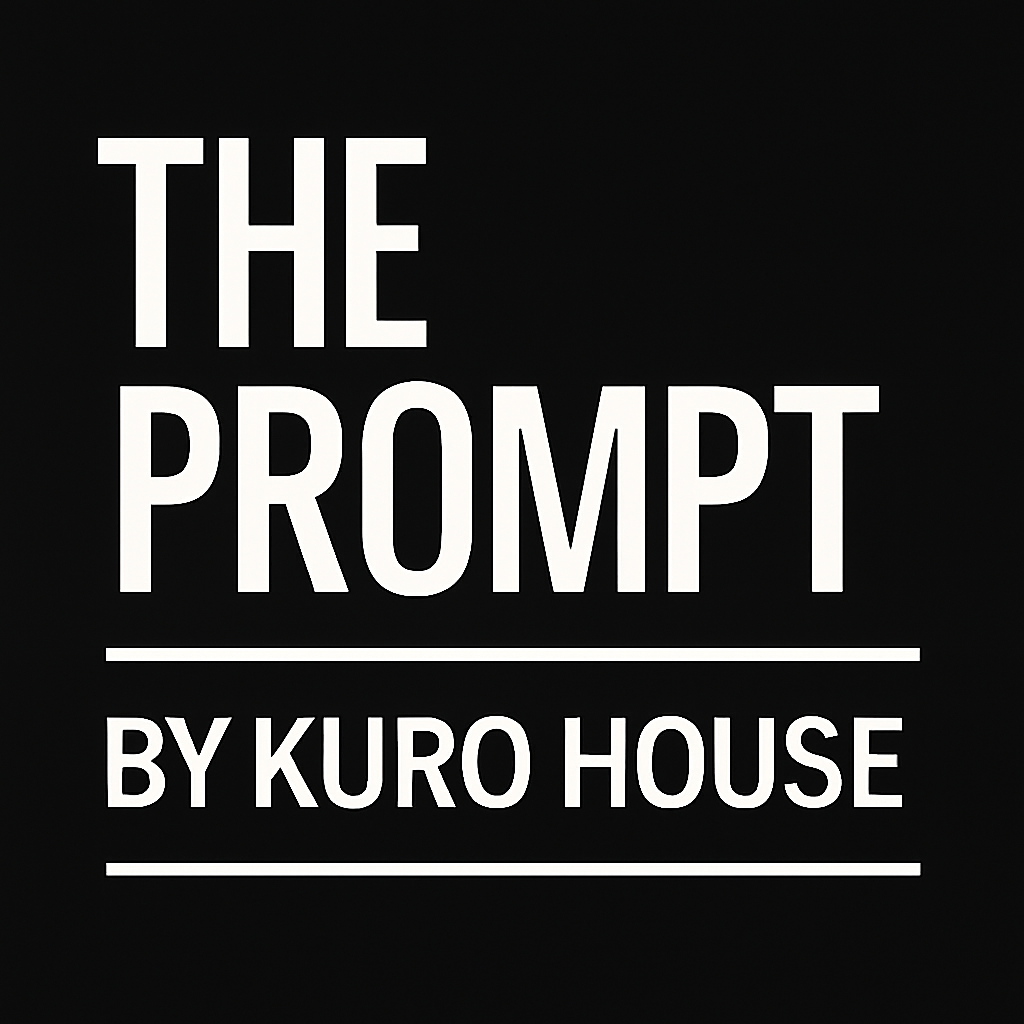Listen To The Show
Transcript
Welcome back to The Brief by Kuro House, your daily dose of sharp marketing insight. Today, we’re diving into a major US-China deal that could reshape the social media landscape, a bold AI move that signals the future of agencies, a surprising twist in holiday consumer sentiment, a star-studded campaign from Uber Eats, and a merger that could change how digital ads get made. Let’s get into the details.
First up, from Adweek, a story that’s been years in the making: US and Chinese officials have finally reached a deal allowing TikTok to continue operating in the United States. Treasury Secretary Scott Bessent described the agreement as a “framework” that balances fair treatment for Chinese investors with US national security concerns. While Bessent didn’t share the nitty-gritty—especially regarding TikTok’s prized recommendation algorithm—the context is crucial. This is the culmination of a saga that began with Trump’s 2020 executive order demanding ByteDance sell TikTok’s US operations, which was later reinforced by President Biden’s law threatening a nationwide ban unless ByteDance divested. Powerful suitors like Oracle, Amazon, and Blackstone circled the platform during the drama, and three deadline extensions later, the breakthrough came after two days of talks in Madrid. Trump and China’s President Xi are expected to finalize the deal Friday. While the details are still under wraps, the significance is clear: TikTok’s fate in the US is no longer hanging by a thread, and marketers can breathe a little easier—for now.
Switching gears to the agency world, Digiday reports on S4 Capital’s radical AI gambit. The company, led by Sir Martin Sorrell, isn’t just adding AI to its toolkit—it’s openly replacing traditional agency work with AI agents. For S4, the agency model isn’t evolving; it’s being automated out. Take a recent Pixel smartphone campaign: AI handled everything from scriptwriting to directing, compressing months of production into weeks. S4’s Wes ter Haar estimates that 65% of agency tasks could already be done by AI. The company is restructuring around an “AI workforce”—bundling data-driven strategy, automated content, and optimized media into managed services. Consulting is another big play, with S4 guiding CMOs through AI integration and systems partnerships. The business case is clear: with clients facing global uncertainty and tariffs, AI-driven efficiency is more attractive than ever. Major brands like L’Oreal, Kraft Heinz, and Unilever are already producing massive volumes of creative assets using AI, slashing production times and costs. But S4’s model, which shifts from billable hours to outcome-based deals, is still more ambition than reality for now—some CMOs are still wary of quality and accountability. Still, the writing’s on the wall: “AI is eating the agency business,” says ter Haar, and S4 is betting big on that future.
Let’s talk holiday marketing. According to Digiday, consumer sentiment heading into the holidays is low, but marketers shouldn’t panic. The University of Michigan’s tracker shows US consumer confidence is 10% lower than last year, and 43% of households say their finances aren’t keeping up with inflation. Shoppers are prioritizing deals, with 62% expected to finalize their shopping deep into December. Yet, there’s a gap: 66% of marketers expect holiday spend to rise, but only 22% of consumers agree, and 27% plan to spend less. Despite softer budgets and downgraded ad-spend forecasts, marketers aren’t pulling back. Instead, they’re doubling down on “safe bets” like paid social, search, and retail media, and staying agile. Outerwear brand Mammut, for example, is launching a broad campaign with agency Dept, confident in the value of brand investment even as tariffs bite into margins. Experts note that consumer sentiment and ad spend, once tightly linked, have decoupled since the pandemic. The takeaway? Don’t let gloomy sentiment distract you from the fundamentals—brands need to keep investing in media to build the funnel, or risk losing ground to competitors who do.
In creativity news, Adweek spotlights a delightful new Uber Eats campaign starring Jude Law. Known for his romcom roles in films like The Holiday and Alfie, Law is cast here as a man exhausted by the constant swooning of a romcom universe. After one too many meet-cutes and declarations of love, he breaks the fourth wall: “I can’t do this. No more romances, no more happily ever afters. It’s exhausting.” The antidote? Not another whirlwind romance, but a quiet night in with chicken wings from Uber Eats. The campaign is the latest in Uber Eats’ UK “When You’ve Done Enough” platform, running across TV, out-of-home, digital, and social. Directed by David Shane and produced by O Positive, it’s a clever twist that plays on Law’s cinematic legacy while positioning Uber Eats as the ultimate comfort.
Finally, in adtech, Adweek reports that AI startup Rembrand and social ad firm Spaceback are merging in a private deal combining cash and stock. The new entity will have 75 employees, with Rembrand CEO Omar Tawakol at the helm and Spaceback’s leadership joining the executive team. The merger is expected to close by the end of September. While financial details are scarce, the strategic intent is clear: Rembrand’s AI capabilities and Spaceback’s social ad expertise are coming together to build what they call an “AI-powered ad factory.” This move reflects a broader trend: the convergence of AI and creative production, promising more efficient, scalable ad solutions for brands.
That’s all for today’s Brief. From global deals to AI disruption and creative campaigns, the marketing world is moving fast—and the only way to stay ahead is to keep learning. Thanks for joining us, and remember: the best marketers aren’t just following the news, they’re reading the signals. Catch you tomorrow.

